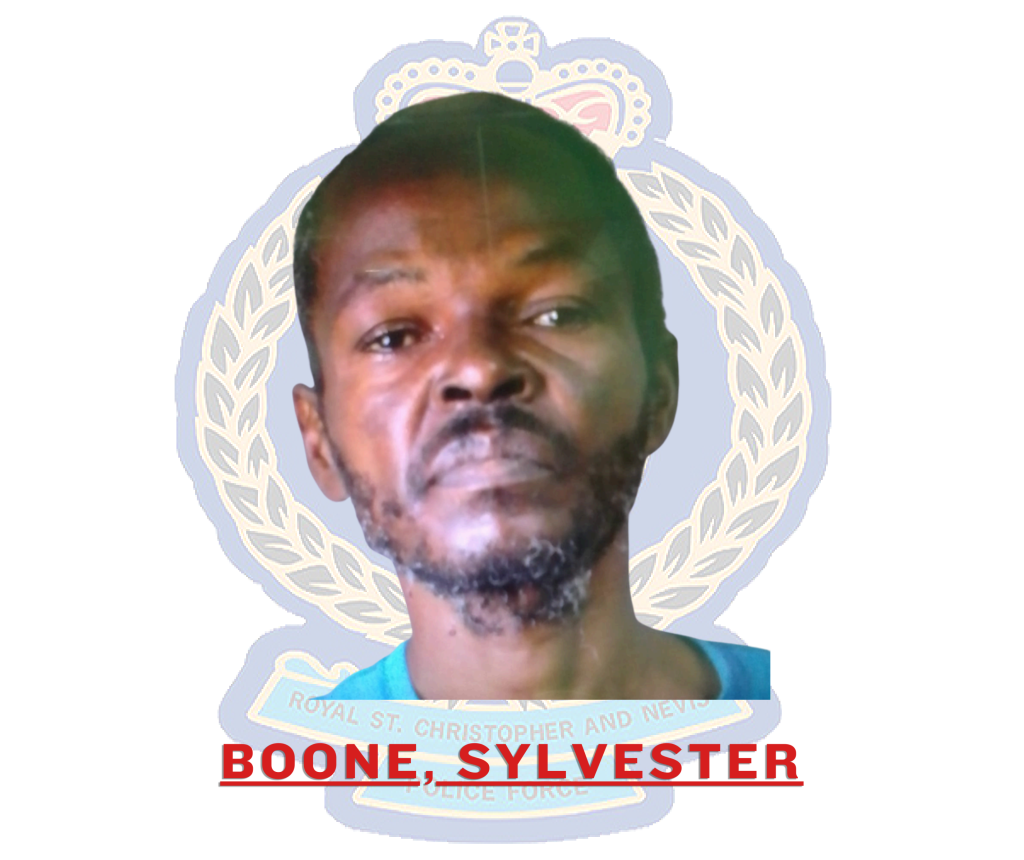Sylvester Boone Receives Larceny Sentence
On April 17, 2025, Sylvester “Gangster People” Boone, a resident of Upper Market Street in Basseterre, St. Kitts, received a sentence of twenty-two (22) months imprisonment for the crime of building breaking and larceny. This offense took place on January 19, 2024, at a location on Fort Thomas Road, also in Basseterre. Boone’s guilty plea, entered on March 3, 2025, preceded the sentencing delivered by His Lordship Justice Iain Morley at the High Court in Basseterre on April 15, 2025. The sentence includes a provision for time served while on remand, meaning the period Boone spent in custody prior to his sentencing will be deducted from his 22-month term. Furthermore, he is eligible for remission, potentially reducing his sentence further, provided he maintains good behavior throughout his incarceration. This remission can be granted after he completes two-thirds of his adjusted sentence (after time served is deducted).
This case highlights the legal process in St. Kitts, from the initial commission of the crime to the final judgment. The timeline spans over a year, beginning with the break-in and theft in January 2024 and culminating in the sentencing in April 2025. This duration encompasses the investigation, apprehension, and charging of Boone, followed by his eventual guilty plea and the subsequent sentencing proceedings. The detailed record of dates provides insight into the stages of the criminal justice system, showcasing the period between the offense and the final disposition of the case. The sentence handed down by Justice Morley reflects the seriousness of the offense of building breaking and larceny, while also taking into account Boone’s admission of guilt and allowing for potential early release based on good behavior.
Breaking and entering, coupled with larceny, represents a violation of both property and personal security. This type of crime disrupts the sense of safety individuals feel within their homes and businesses, and the judicial system acts to address these violations by holding perpetrators accountable. Boone’s sentence aims to serve several purposes within the justice system: punishment for the crime committed, deterrence to discourage similar offenses in the future, and potentially rehabilitation, allowing Boone an opportunity to reform his behavior during his time in prison. The inclusion of remission as a possibility further incentivizes positive conduct while incarcerated.
The fact that Boone’s time in remand is considered part of his overall sentence demonstrates a principle of fairness within the legal system. This prevents individuals from serving excessive time simply due to delays in the legal process. By crediting the time already spent in custody, the system ensures the punishment aligns more accurately with the intended duration of the sentence. This consideration of pre-trial detention contributes to a more equitable application of justice.
The possibility of remission after serving two-thirds of the sentence, contingent on good behavior, introduces an element of rehabilitation into the penal system. It encourages inmates to adhere to prison rules and engage in positive self-improvement activities. This prospect of early release provides a tangible incentive for rehabilitation, potentially reducing the likelihood of recidivism upon re-entry into society. By offering a path towards a reduced sentence, the justice system aims to encourage responsible behavior and contribute to the successful reintegration of offenders back into the community.
In conclusion, Sylvester Boone’s case illustrates the process of law enforcement and judicial proceedings in St. Kitts. From the initial crime of building breaking and larceny to his guilty plea and subsequent sentencing, the case unfolds over a period of fifteen months. The sentence imposed by Justice Morley reflects the seriousness of the offense while also incorporating elements of fairness and potential rehabilitation. The consideration of time served in remand and the possibility of remission contingent on good behavior demonstrate a commitment to a balanced approach to justice, aiming to punish the crime while also encouraging positive change and eventual reintegration into society.
Share this content:












Post Comment